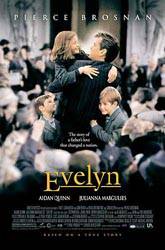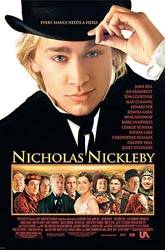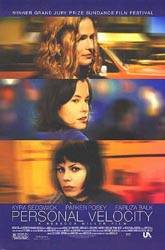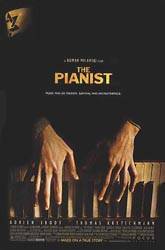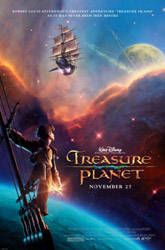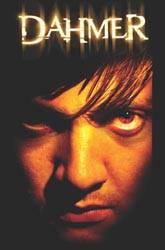 Director: Starring:
OTHER REVIEWS: |
Dahmer BY: DAVID PERRY America was shocked in 1992 to learn of the ritualistic killings of Jeffrey Dahmer. Seething within a middleclass, quiet façade was a man who could kill other men, cut them up with surgical precision, and eat some of their remains. As the country searched for answers, one of the quickest to be used in describing what went wrong in young Jeffrey was his homosexuality. As Eddie Izzard stated in Dress to Kill, too often, Middle America uses homosexuality (especially transvestitism) as a way to describe something horrible that they do not want to further understand because inspection means, to a certain degree, acknowledgement of existence. Jeffrey Dahmer may have been gay, but that does not come near reaching the core of why he killed 17 men. David Jacobson's Dahmer attempts to make sense of the title character by going deep into his psyche, relating the way he was challenging the world that he had found himself in. With Milwaukee giving few openings to a gay man, especially one working in the factory circles (even if the factory is a chocolate factory), and his lifestyle going against all of his minor acquaintances (the film tries to make clear that Dahmer had no real friends), Jeffrey Dahmer (Renner) seems to be choosing a reaction to his environ that (in his mind) is just a couple notches away from acceptable society's expectations of him. It's easy to become insane when you think that society expects nothing out of you. Probably the most interesting relationship that Dahmer examines is his family troubles. Soon after Dahmer was sentenced to 957 years in prison, his father Lionel wrote the book A Father's Story, as if to exaplain what in the world went wrong with his Dr. Spock attempts at child development. Lionel Dahmer (Davison) is portrayed here as a man who could not understand the secretive and emotional states that his son always showed around him. Though he knew that his father would disagree with his sexuality, it is easy to see the anguish that Jeffrey is portrayed to have when he must use gay porn to get his dad's gaze away from a severed head that was about to be discovered. Dahmer shouldn't be seen as a gay treatise, but the emotional anguish that hits a homosexual man in a conformist society serves as the main idea behind Jacobson's screenplay. It is not as much the fact that heterosexual society wouldn't accept him, but that homosexual society wouldn't accept him either. Jacobson spends one ten minute sequence showing how Dahmer would go to gay clubs, drug drinks, and a rape unconscious men in the backroom. When a club bouncer sees Dahmer mixing the drugs in the middle of the dance floor, Dahmer seems absolutely shocked to see that his actions were not allowed. It's as if all of his crimes, from rape to murder, never seemed absurd to Jeffrey Dahmer. Renner does a great job portraying the emotional ups and downs of Jeffrey Dahmer. Even if the physical resemblance is negligible at best (especially in some scenes that deal with his early killing of a high school wrestler), his ability to evoke the inner demons of the famously evil man is notable to say the least. While the better performance comes from the befuddled Davison, Renner does do an impressive job considering his novice standing as an actor. Unfortunately, much of the insight that Renner pains to
include fails to hit the marks that Jacobson is trying for. His work is surprisingly
assured for a first time feature filmmaker, but it also lacks the values of someone fully
knowledgeable of the art he is attempting. The film that the movie most clearly mimics,
John McNaughton's Henry: Portrait of a Serial Killer, was also from a fist timer,
but that film shows more visual continuity and interesting storytelling traits to make its
subject seem frighteningly real (something that never comes from Jacobson's representation
of Jeffrey Dahmer, try as Renner might). His intents seem noble, but his use of cinematic
devices has much to be desired. |

